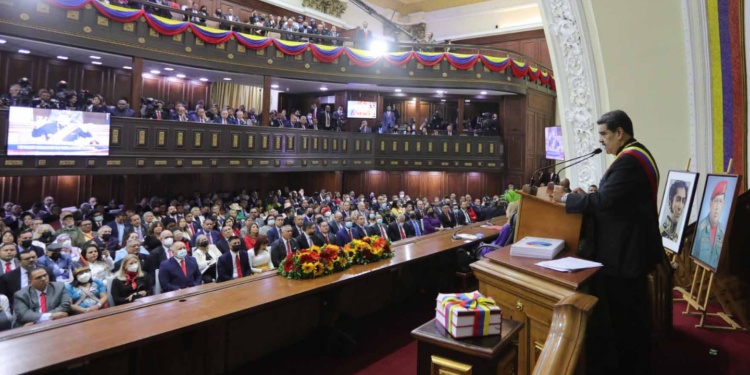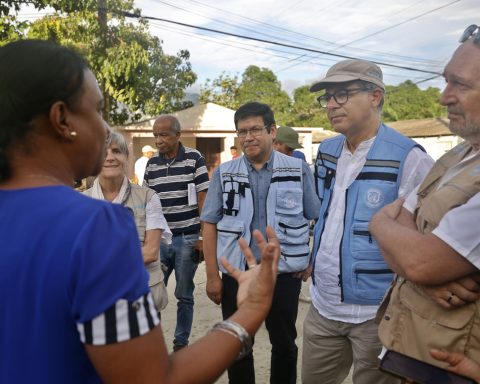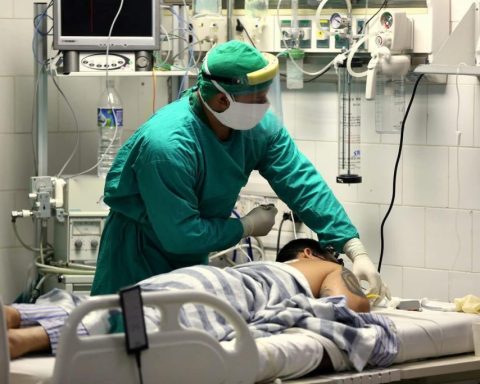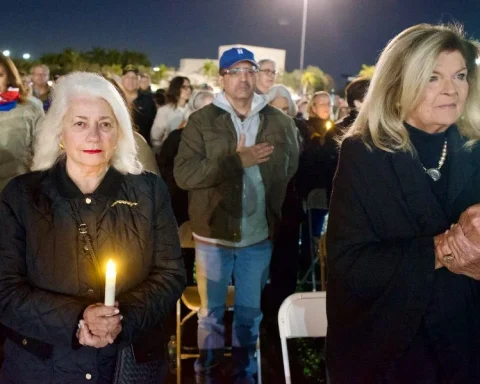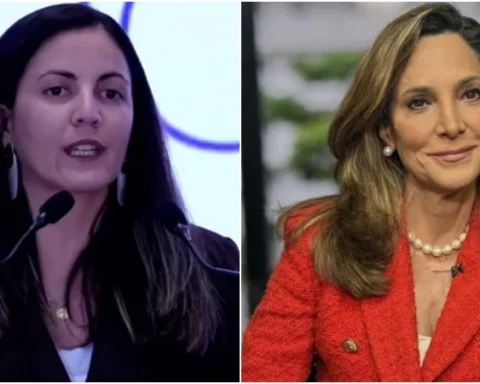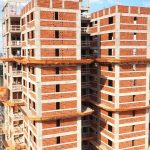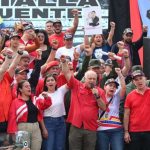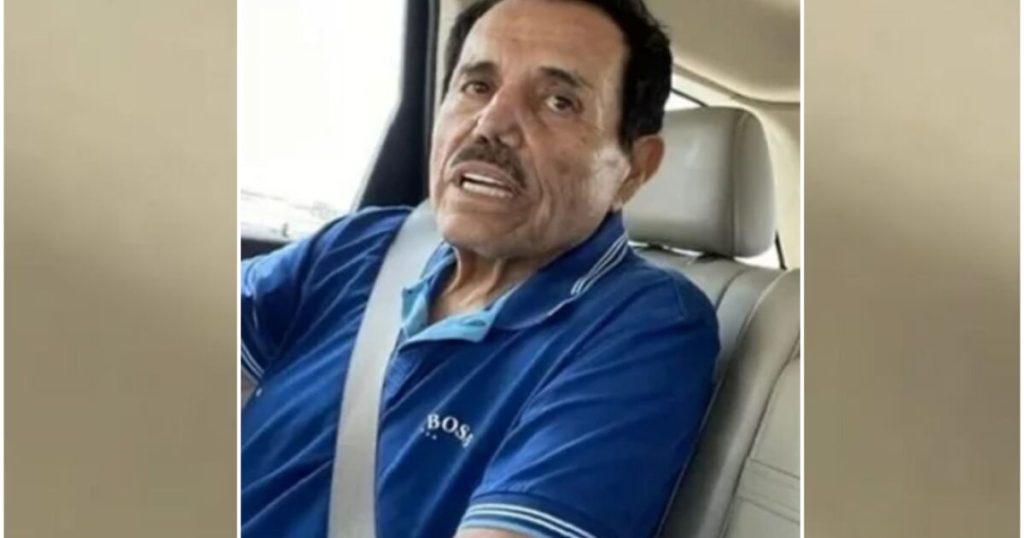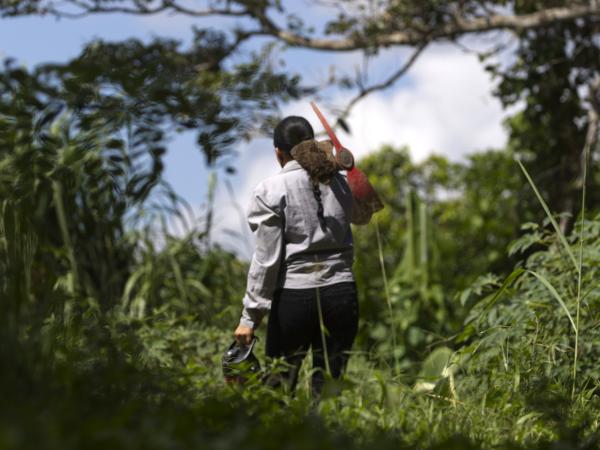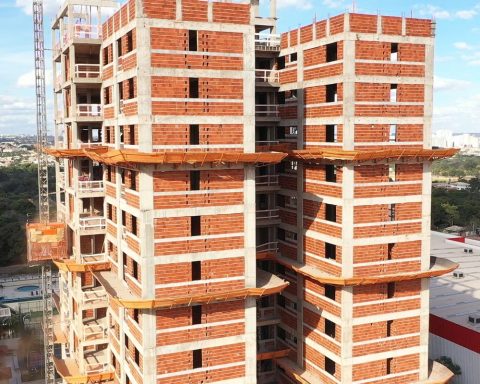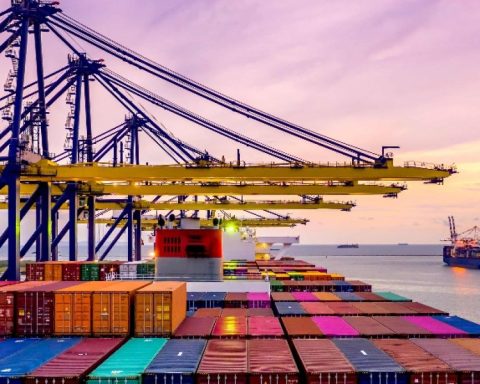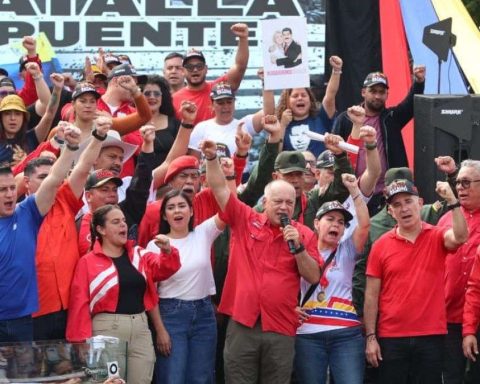SAN LUIS POTOSÍ, Mexico.- This Sunday, July 28, presidential elections will be held in Venezuela, amid a complex panorama. If the current ruler Nicolas Maduro another mandate is secured, with surveys which puts him more than 25 points behind his opponent, would require massive fraud.
Maduro could fight to stay in power regardless of the results. Many analysts expect him to rig the election as he has done before and use the military to prevent any post-election protests.
His re-election in 2018 It was considered fraudulent by the United States and other countries, but he has said that the Venezuelan electoral system is “the most transparent in the world” and accuses the opposition of planning to declare fraud and sow “chaos and violence.”
How could fraud occur in Venezuela?
The logistical decisions of the National Electoral Council (CNE) could hinder free access to voting for the 21.3 million registered voters in the country.
“The intention is very clear and must be rejected with complete force: they want to manipulate and distort the will for change of the vast majority of the nation’s electorate,” he had said last month in X Andres Calecaformer CNE official and candidate in the opposition primaries.
Of the 15,797 polling stations across the country, at least 8,000 will have only one ballot box, compared with 6,800 in the 2018 election, according to official figures.
The dilemma of the boxes
With more votes in each polling station, these sites could be harder to monitor for fraud, according to the regional NGO. Electoral Transparency.
The use of single voting booths could also slow down the voting process and lead to longer queues, the opposition has said. Some 3.9 million voters will cast their ballots in single ballot boxes.
Some voters have reported that their polling station has been changed to another one in another state, in some cases far from their home.
Voting machines
Griselda Colina, former deputy rector of the National Electoral Council, explained to The country “If we understand electoral fraud as the alteration of the results issued by the voting machine, it is not possible for the government to commit fraud on July 28.”
He said the voting system “has been audited” by technicians who “guarantee that the votes will be counted correctly.”
However, he said that the concern is that the CNE could declare a result different from that given by the machines.
This was the scenario for elections such as the Constituent Assembly (2019). In the next elections, the members of the polling station and the witnesses of the parties will verify that the machines are at zero.
At the end of voting day, the machine counts the votes and issues a record with a QR code that is validated by the parties’ witnesses.
“So far there hasn’t been any evidence of some electronic fraud,” said Colina.
Tactics to influence the vote
The Maduro regime has been developing a series of policies with a view to influencing the voting process.
First, it has disqualified candidates, exerted pressure and social control over the people who benefit from public policies. For example, food bags are distributed to the population every month, known as “CLAP boxes”, on condition of belonging to the governing party.
If people do not meet this requirement, or become declared opponents, this benefit may be suspended.
Some testimonies from former government intelligence agents explain that the regime also tends to announce fraudulent results. They also introduce false ID cards into the system.
Previously, it was estimated that up to four million fake ID cards could be introduced.
Previous frauds during the Maduro administration
In 2017, Maduro founded a National Constituent Assembly, which became a parallel parliament to combat the legally constituted one that the opposition had won.
The company that provided services to the electoral system had to flee the country after reporting fraud.
According to a statement from London, the final bulletin announced the total of two million votes that had not been counted by the machines. The machines had made one count, but the CNE announced another.
Recently, during a referendum to see if the Venezuelan population wanted to annex the Essequibo territory, which belongs to Guyana, the CNE announced that more than 10 million people turned out to vote. However, that day the streets were empty and there was almost no record of participation.
In 2018, Maduro declared himself the winner with 50.6%, but pollsters and analysts thought it unlikely. However, the head of the CNE is Elvis Amoroso, a Chavista and deputy for the United Socialist Party of Venezuela (PSUV) from 1998 to 2015, and very close to the president.
Follow our channel WhatsApp. Receive the information from CubaNet on your cell phone through Telegram.
